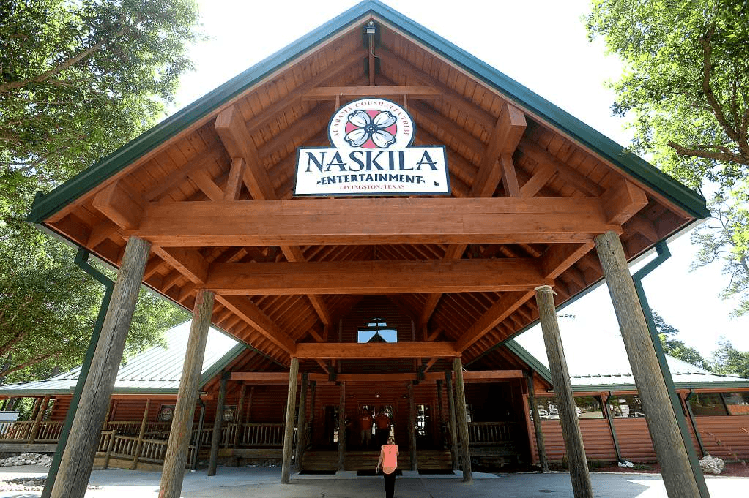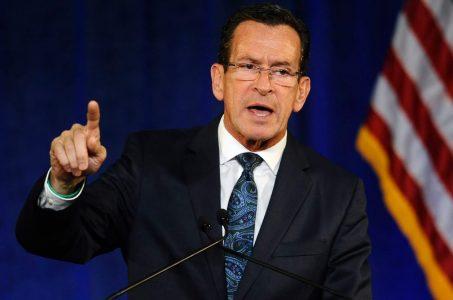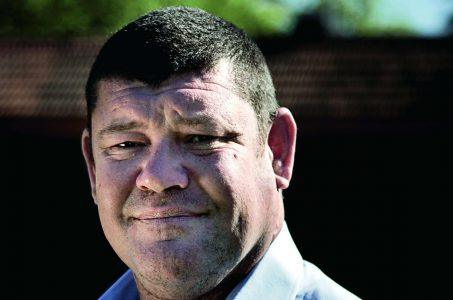Alabama-Coushatta Tribe Loses Bingo Battle with Texas
Posted on: February 10, 2018, 02:00h.
Last updated on: February 9, 2018, 05:57h.
The Alabama-Coushatta Tribe has lost its battle with the State of Texas over what it sees as its sovereign right to operate a modest electronic bingo hall 80 miles north-east of Houston.

On Tuesday, a federal judge issued a ruling that will likely force the Naskila Gaming facility to close because it “does not comply with the gaming laws and regulations of Texas,” although he declared “sympathy for the tribe’s position.”
US Magistrate Keith Giblin said the tribe was “bearing the brunt of a conflicting statutory scheme” which could be considered “unjust.”
Bad Timing
The tribe believes its enterprise is legal under the Indian Gaming Regulatory Act 1988 (IGRA). This permits federally recognized tribes to offer class II gaming (bingo and poker) on their sovereign lands without the need for a compact with the state.
But unfortunately for the Alabama-Coushattas, they were federally recognized in 1987, a year before IGRA established legal Indian Gaming.
This wouldn’t be an issue, except that the law that restored their lands and relationship with the federal government – the Restoration Act – also prohibited them from engaging in any gaming activities prohibited by the laws of Texas.
This was not the case for the Kickapoo Tribe of Texas. Federally recognized in 1985, the Kickapoos have been permitted to operate much larger class II gaming facility on the Rio Grande border with Mexico with impunity for 20 years.
Alabama-Coushatta Were ‘Under Duress’
Attorneys for the Alabama-Coushattas argued that the tribe agreed to the 1987 law “under duress” because “certain members of Congress threatened to block passage of the Restoration Act” unless it agreed to the no-gaming provision.
This may have indeed taken effect under duress, but the issue is not up for consideration by this Court 30 years after the fact,” said the judge.
The tribe filed an immediate appeal after the ruling on Tuesday.
“We are very disappointed with the ruling issued by the U.S. Federal District Court,” said tribal council chairperson Jo Ann Battise. “The Alabama-Coushatta Tribe remains confident in its legal position and has already filed a Notice of Appeal.
“The Tribe has also filed a Motion with the Court requesting the ability to stay open pending the appeal process in order to protect the 330 jobs that the Tribe provides as the third largest employer in Polk County.”
These jobs “significantly contribute to the economies of Polk and Tyler Counties, and are vital to the greater Deep East Texas economy,” she added.
Related News Articles
Galaxy Gaming Back in Nevada’s Good Graces Without Ousted CEO Saucier at Helm
Connecticut Governor Balks at MGM Proposal for $675M Bridgeport Casino: ‘Impossible’
James Packer Says Crown Resorts Slot Tampering Allegations a ‘Lie’
Most Popular
Mirage Las Vegas Demolition to Start Next Week, Atrium a Goner
Where All the Mirage Relics Will Go
Most Commented
-
Bally’s Facing Five Months of Daily Demolition for Chicago Casino
— June 18, 2024 — 12 Comments -
Chicago Pension Mess Highlights Need for Bally’s Casino
— July 2, 2024 — 5 Comments
















No comments yet